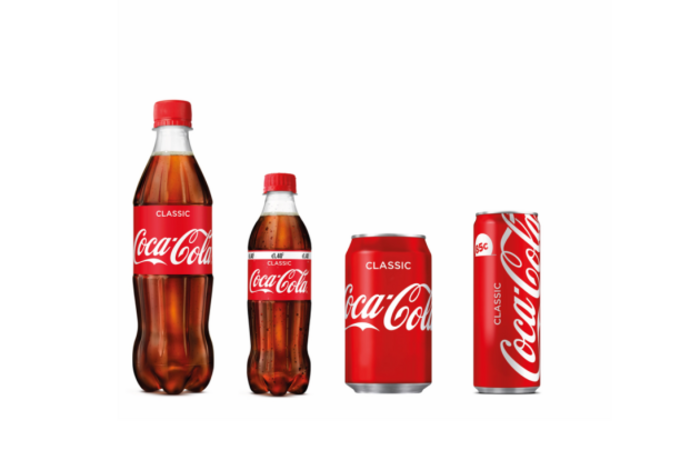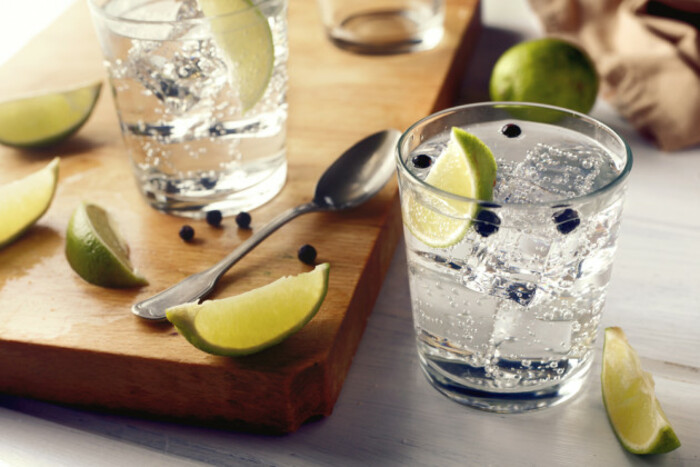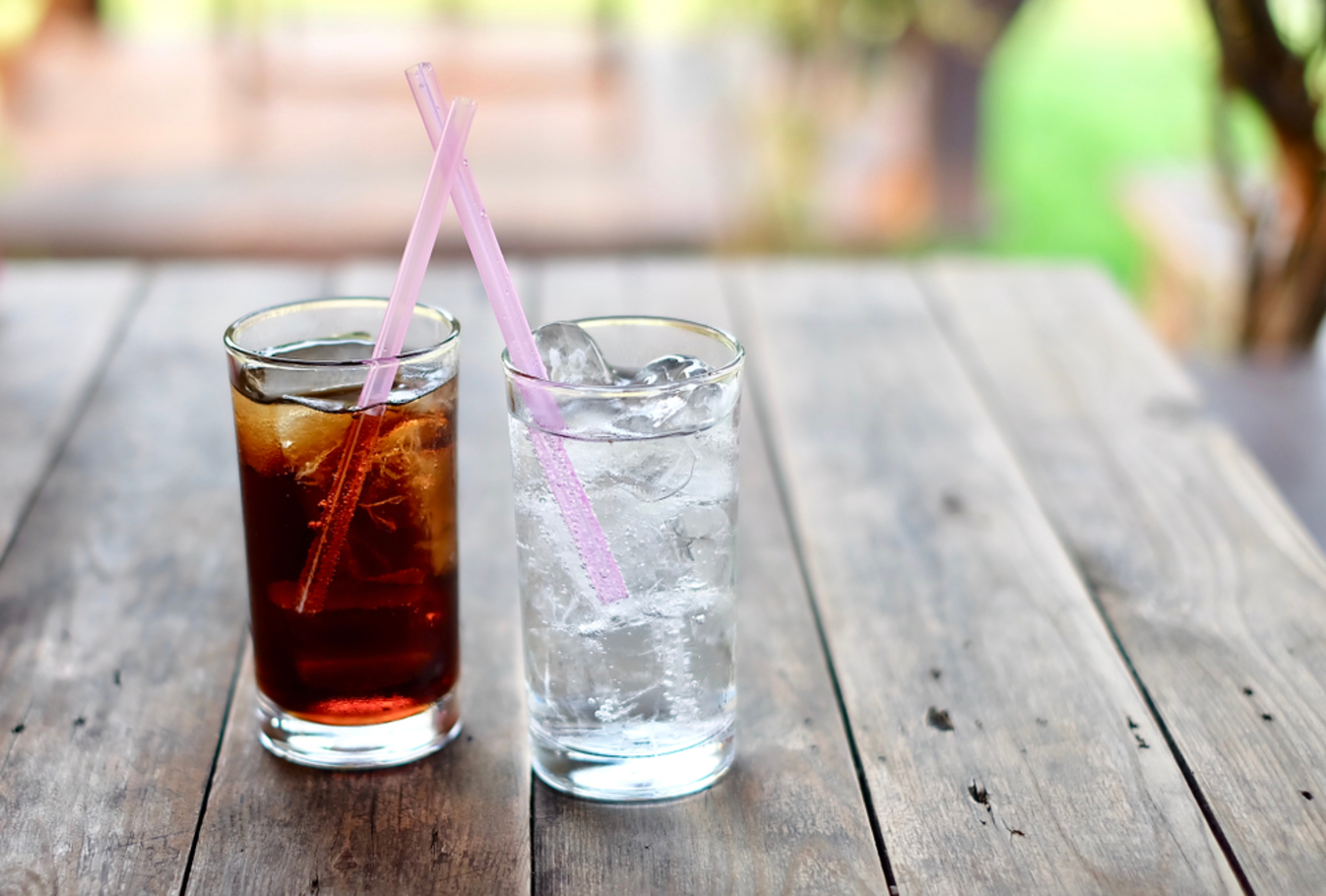'There's always going to be sugar, that's the reality': How Irish firms are prepping for the sugar tax
The sugar-sweetened drinks tax will be introduced in Ireland tomorrow.
THE SOFT DRINKS industry in Ireland could be about to get a bit less sweet as the long-awaited sugar tax finally comes into force tomorrow.
After receiving approval from the European Commission last week, Ireland will now join a number of other countries, including the UK, Mexico, France and Norway, which have already introduced similar taxes on high-sugar drinks.
The tax will add 30c per litre onto the price of sugar-sweetened drinks with over 8g of sugar per 100ml, and 20c per litre for drinks with between 5g and 8g of sugar per 100ml.
It has been forecast to bring in a relatively modest €40 million per year for the Exchequer, however it is expected that the figure will drop as companies reformulate products and push consumers towards lower-sugar options.
So how have drinks companies been preparing ahead of the tax?
Product reformulation
John Stewart, tax director at Deloitte, says that there may be both challenges and benefits for businesses once the tax is introduced.
“The purpose of the tax is to tackle obesity and reduce sales of high-sugar drinks,” he tells Fora. “If this works it could impact companies’ sales and profitability, and give an advantage to competitors that have less sugar in their products.
“However, on the other hand, if you can reformulate your products you may be able to increase sales. So there are opportunities too.”
So far, different approaches have been taken by the multinational drinks giants. The Irish Beverage Council, which represents manufacturers, says that more than three-quarters of the soft drinks sold in the country will be sugar-tax free.
Meanwhile, Britvic, which produces Club and MiWadi, says that nearly 80% of its brands will now be exempt from the levy following product reformulation, while Ribena and Lucozade have also tweaked their recipes to avoid the tax.
Elsewhere, Coca-Cola and Pepsi have been promoting their low and no-sugar options, such as Coke Zero Sugar and Pepsi Max, which will be unaffected by the tax.
Additionally, instead of looking at product reformulation, Coke is introducing a number of new small pack sizes for its signature beverage.
 New Coca-Cola pack sizes
New Coca-Cola pack sizes
But what about smaller companies in Ireland that may not have the resources to make major changes to their portfolio or business model?
Stewart says that the transition may be more difficult for small businesses, which will now have to deal with the burden of additional tax processes.
“The big difference is that large companies have a tax team that are used to these systems,” he says. “But small businesses may just have a finance person and might not have the detailed knowledge to deal with a new tax.”
Drinks dilemma
Diarmuid Crowley, owner of Limerick company Wild Orchard Drinks, says that the introduction of the tax “wasn’t a big shock”, but he still has concerns about what will happen from next week.
“I don’t think we had enough time to prepare,” he says. “We thought there’d be an exemption for small producers, like they’re considering in the UK. I think there should have been something like that in Ireland to give us a break.”
Crowley says that three out of the 11 products in the company’s portfolio will be affected by the sugar tax, with the price of Wild Orchard’s sparkling lemonades set to rise by 10c per bottle.
As well as an added burden for the business, he suggests that the tax will also be confusing for consumers.
“It’s just going to look like a price increase, and I don’t believe people will be aware of what percentage of that figure is tax,” he says.
“With the plastic bag levy, for example, everyone knew exactly what they were paying for, but this isn’t as clear.”
Looking ahead, Crowley is unsure if Wild Orchard will alter its portfolio in a bid to avoid the tax.
“We’re having a look at if we can make any changes,” he says. “A lot of big companies have been reformulating their products, but we wouldn’t be keen on adding sweeteners, because we’re a natural drinks brand.
“People like the taste of our products, and I don’t think they’d want us to change that. Maybe we’ll reduce the size of our bottles, because we’ll suffer otherwise.”
Sugar scramble
Although the exact market fallout of the new tax remains unclear, some small Irish companies are well-prepared for the change.
Brendan Colbert, director of the Wexford-based Poacher’s Well premium mixers, says his company is in a strong position due to the lower-than-average sugar content in its beverages.
He adds that gin and tonic fans are often surprised to find out how much sugar is in standard tonic water and many didn’t realise that the sugar tax would be applied to the drink.

“A lot of people didn’t know that some tonic waters could have up to 14g of sugar per 100ml,” Colbert says.
“Ours is much lower, at 6.7g per 100ml. We still have to have some sugar for the taste, but it’s a lot less than most of our competitors.”
As a result of this reduced-sugar recipe, the lower rate of tax will be applied to the Wexford company’s range of tonic waters and ginger beer.
“We knew the tax was coming,” Colbert adds. “And the fact we’re in the lower tax band makes a big difference, so we’re feeling prepared.”
He notes, however, that the company didn’t deliberately set out to make a low-sugar drink.
“The big thing for us is the taste,” Colbert adds. “We focused on a more herbal, savoury blend because it turned out much nicer.
“There’s always going to be sugar – that’s the reality. But Irish palates are changing. We have an awareness of sugar now, and people are naturally moving away from sickly sugar.”
Even though he does not envisage the sugar tax having a significant effect on business, Colbert says that he has considered introducing new ‘lighter’ products, looking at alternative sweeteners such as sugar substitute stevia.
But for the time being he remains confident in his existing range of drinks.
“We’ve always marketed ourselves as a lower-sugar beverage, and now that I see some of our competitors scrambling to reduce sugar, I know we’re well-placed ahead of this tax.”






